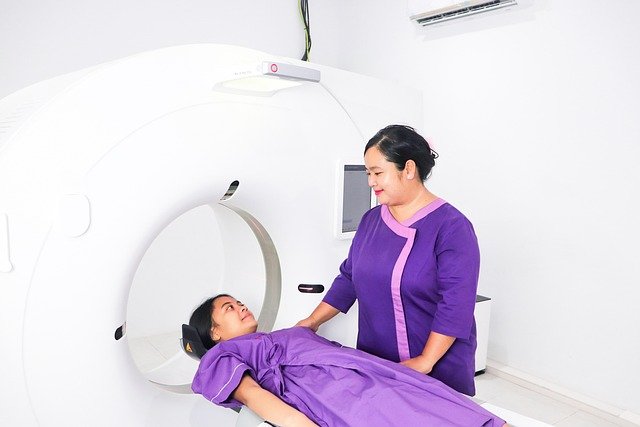Comprehensive Radiology Courses: Advancing Healthcare Education
A comprehensive radiology course provides in-depth training in imaging techniques, interpretation, and diagnostic procedures. Ideal for medical students and professionals, it covers X-rays, CT scans, MRI, and more, equipping learners with the skills needed for accurate analysis and confident clinical practice.

What Does a Comprehensive Radiology Course Entail?
A comprehensive radiology course typically covers a wide range of topics related to medical imaging. Students can expect to learn about different imaging modalities, including X-rays, computed tomography (CT), magnetic resonance imaging (MRI), ultrasound, and nuclear medicine. The curriculum often includes both theoretical knowledge and practical skills, ensuring that graduates are well-prepared for the challenges of working in a clinical setting.
Why is Hands-On Practice Important in Radiology Education?
Hands-on practice is a critical component of any comprehensive radiology course. This practical experience allows students to apply their theoretical knowledge in real-world scenarios, developing the skills necessary to operate complex imaging equipment and interact with patients effectively. Through hands-on training, students gain confidence in their abilities and learn to troubleshoot common issues that may arise during imaging procedures.
What Benefits Do Comprehensive Radiology Courses with Certificates Offer?
Comprehensive radiology courses that offer certificates provide several advantages to students and healthcare professionals. These programs often meet industry standards and are recognized by employers, enhancing job prospects for graduates. Certificates demonstrate a commitment to professional development and specialized knowledge in radiology, which can lead to career advancement opportunities and potentially higher salaries.
How Do Comprehensive Radiology Courses Prepare Students for Career Success?
Comprehensive radiology courses are designed to equip students with the knowledge and skills needed for success in the field. In addition to technical expertise, these programs often cover topics such as patient care, medical ethics, and radiation safety. This holistic approach ensures that graduates are well-rounded professionals capable of providing high-quality care in various healthcare settings.
What Career Opportunities Are Available After Completing a Radiology Course?
Graduates of comprehensive radiology courses have a wide range of career opportunities available to them. Depending on their specific area of focus and level of education, they may find employment as radiologic technologists, CT technologists, MRI technologists, or ultrasound technicians. Some may choose to specialize further in areas such as mammography, cardiovascular imaging, or interventional radiology.
How Do Comprehensive Radiology Courses Compare Across Institutions?
When considering comprehensive radiology courses, it’s important to compare offerings from different institutions to find the best fit for your educational and career goals. Below is a comparison of some notable radiology programs:
| Institution | Program Type | Duration | Key Features | Estimated Cost |
|---|---|---|---|---|
| XYZ Medical Institute | Certificate | 12 months | Hands-on clinical rotations, state-of-the-art equipment | $15,000 - $20,000 |
| ABC University | Associate Degree | 24 months | Comprehensive curriculum, internship opportunities | $25,000 - $30,000 |
| 123 Healthcare Academy | Diploma | 18 months | Flexible scheduling, online and in-person options | $18,000 - $22,000 |
| MedTech College | Bachelor’s Degree | 48 months | Advanced imaging techniques, research opportunities | $40,000 - $50,000 |
Prices, rates, or cost estimates mentioned in this article are based on the latest available information but may change over time. Independent research is advised before making financial decisions.
Choosing the right comprehensive radiology course is a significant decision that can shape your future career in healthcare. By carefully considering factors such as program content, hands-on practice opportunities, certification options, and career prospects, you can select a course that aligns with your professional goals and aspirations. As the field of radiology continues to advance, investing in a high-quality education will position you for success in this rewarding and essential healthcare specialty.
This article is for informational purposes only and should not be considered medical advice. Please consult a qualified healthcare professional for personalized guidance and treatment.




